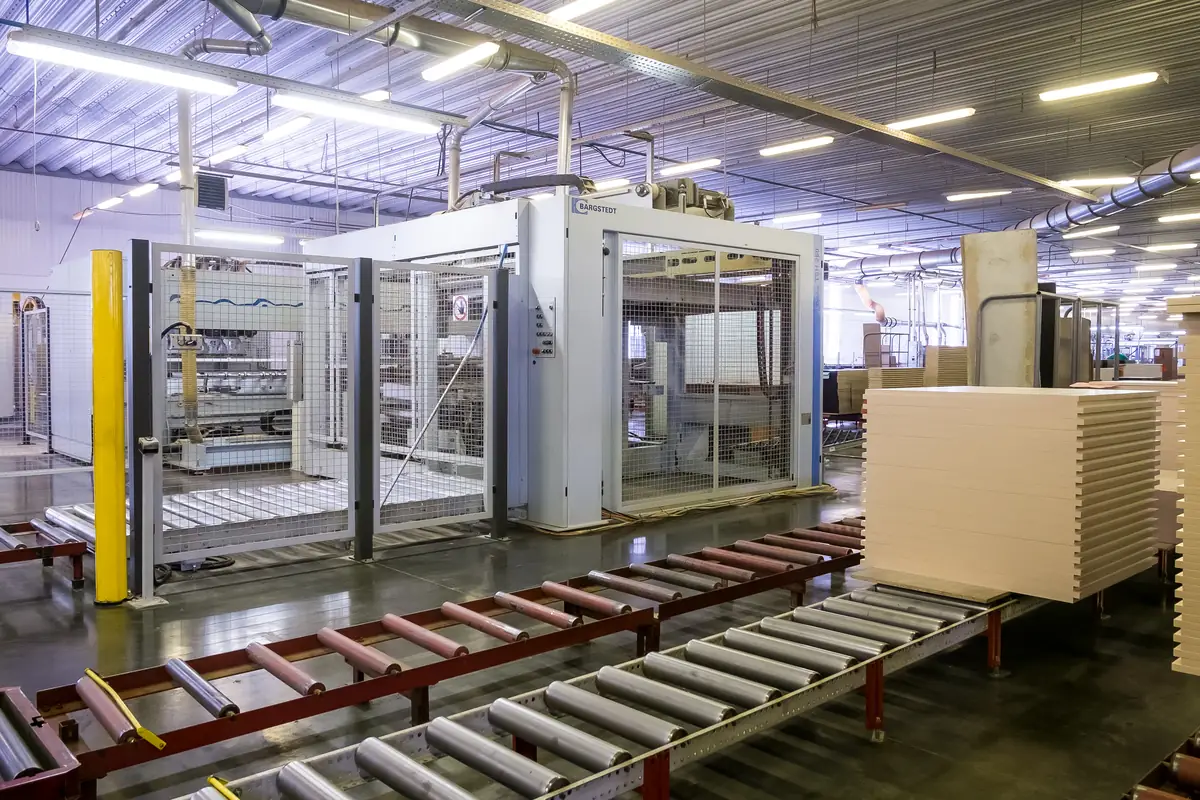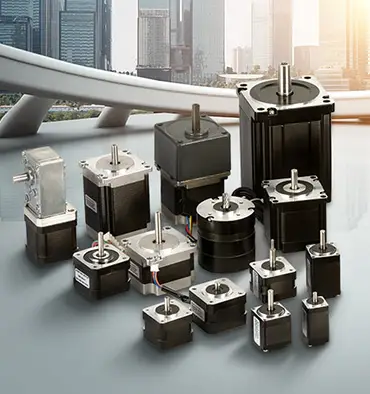What is the difference between open-loop and closed-loop stepper motor?
Stepper motors are widely used in various applications that require precise positioning and control. When considering stepper motors, one important distinction to understand is the difference between open-loop and closed-loop systems. In this article, we will explore the characteristics, advantages, and limitations of both open-loop and closed-loop stepper motors. I hope this article can help you understand the differences between them and choose the most suitable type for your application.
I. Open-Loop Stepper Motors
Open-loop stepper motors are the more traditional and commonly used type of stepper motor. They operate based on an open-loop control system, where the motor rotates in discrete steps without any feedback mechanism to verify the actual position of the motor shaft.
Operating Principle
Open-loop stepper motors receive electrical pulses from a controller, such as a microcontroller or a dedicated driver, which determine the step sequence and speed. Each pulse causes the motor to rotate a predetermined angle, typically 1.8° or 0.9° per step, depending on the motor design. The motor assumes it has moved the specified angle without verifying the actual position.
Advantages
- Simplicity: Open-loop stepper motors have a straightforward design and wiring, making them easy to install and operate.
- Cost-Effective: They are generally more affordable compared to closed-loop stepper motors due to their simpler structure and lack of feedback components.
Limitations
- Positioning Accuracy: Open-loop stepper motors rely solely on the accuracy of the input pulses. They are susceptible to cumulative errors, especially in applications requiring high precision or long-term operation, as there is no feedback to correct for missed steps or external disturbances.
- Torque Loss at High Speeds: Open-loop stepper motors may experience torque loss at higher speeds, limiting their applications in situations where high-speed motion is required.
II. Closed-Loop Stepper Motors
Closed-loop stepper motors, also known as servo steppers or hybrid steppers, incorporate a feedback mechanism to provide accurate position control. They combine the advantages of stepper motors' simplicity with the added benefits of closed-loop control.
Operating Principle
Closed-loop stepper motors include an encoder or sensor that provides feedback on the motor shaft's actual position. This position feedback is continuously compared to the desired position, allowing for real-time adjustments to correct any discrepancies.
Advantages
- Enhanced Positioning Accuracy: Closed-loop stepper motors can detect and correct for missed steps, external disturbances, or other factors affecting the motor's actual position. This results in significantly improved positioning accuracy compared to open-loop stepper motors.
- Higher Torque at High Speeds: Closed-loop systems can optimize the motor's performance at higher speeds, mitigating torque loss and maintaining stability and accuracy.
Limitations
- Increased Complexity: Closed-loop stepper motors require additional components, such as encoders or sensors, and a feedback control system, increasing the complexity of the overall system.
- Cost: Closed-loop stepper motors are generally more expensive than open-loop stepper motors due to the added components and technology required for closed-loop control.
III. Choosing Between Open-Loop and Closed-Loop Stepper Motors
The choice between open-loop and closed-loop stepper motors depends on the specific requirements of your application. Consider the following factors:
- Required Positioning Accuracy: If precise positioning is critical, especially in applications with long-term operation or external disturbances, closed-loop stepper motors are the preferred choice due to their superior accuracy and error correction capabilities.
- Budget: Open-loop stepper motors are more cost-effective and suitable for applications where high precision is not essential and budget constraints are a concern.
- Speed and Torque Requirements: Closed-loop stepper motors offer better performance at higher speeds, making them suitable for applications that require fast and accurate motion.
Conclusion
In summary, open-loop and closed-loop stepper motors differ in their control systems and positioning accuracy. Open-loop stepper motors are simpler and more cost-effective but lack feedback for error correction, making them suitable for applications with less demanding precision requirements. Closed-loop stepper motors incorporate feedback mechanisms that enhance positioning accuracy, making them ideal for applications where precise positioning and error correction are essential. Consider your application's specific needs in terms of accuracy, speed, and budget to determine whether an open-loop or closed-loop stepper motor is the best choice for your project.


Leave a Reply